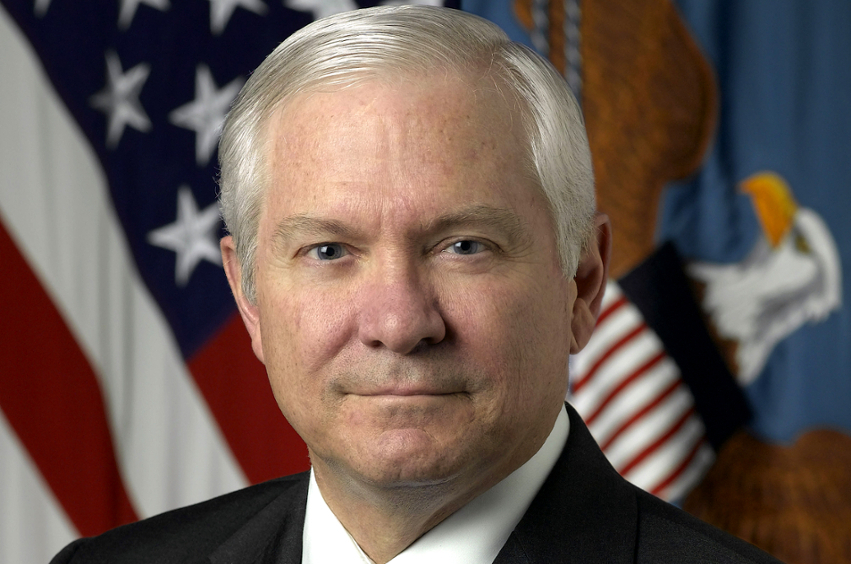Former Secretary of Defense Robert Gates Joins Webinar to Discuss U.S. Foreign Policy

On June 18, former Secretary of Defense Robert Gates joined the World Affairs Council of Dallas and the Institute for Global Engagement at Dallas Baptist University for a free webinar event discussing U.S. foreign policy.
Dr. Gates worked under eight U.S. presidents, both Republicans, and Democrats, and recently published his book, Exercise of Power, an examination of how power has been employed by American presidents in a post-Cold War age.
To open the webinar event, President of the World Affairs Council of Dallas, Jim Falk, noted how the essential theme of Dr. Gates's book is the failure of the U.S. to effectively use non-military assets by defaulting to military action. He asked Dr. Gates to share his point of view on this evolution of militarized power.
"I think that it really began right after the end of the Cold War," Dr. Gates remarked. "Believing that we were invincible and that we sort of stood atop the mountain, we began taking apart or weakening all of the elements of national power that had contributed so much to victory."
Dr. Gates pointed out that the U.S. utilized an array of tools to win the Cold War technology, strategic communications, the economy, covert operations, and other assets that ensured victory without direct military engagement.
"Since everybody knew the catastrophic consequence of a military clash, the conflict really took place using non-military instruments of power," Dr. Gates shared. "After the end of the Cold War, all of these instruments moved to the back. They were defunded."
The result of this, as Dr. Gates explains, was the implementation of military action as a first-choice response. This new way of thinking, along with the weakening of non-military resources, is what Dr. Gates attributes to the over-militarization of American's current foreign policy.
"When the only tool you have is a hammer, every problem looks like a nail," he shared. "We overuse our military, in no small part because all of the other instruments are so weak. And I think that contributed to us ending up in 20 years of war. So, I think the whole theme here is that the tools that helped us succeed in the Cold War, we now have to realize are going to be essential for the long contest ahead of us with Russia and China."
Falk then asked whether or not it was fair to place the responsibility of these reductions in non-military tools on Congress. Dr. Gates shared that it is both Congress and presidential administrations that cause such reductions to occur.
"I would also say most presidents don't make much of an effort. One of the instruments that was significantly weakened was the Department of State," Dr. Gates said. "So, over time, the result was that even diplomacy was significantly weakened. Condoleezza Rice used to joke with me that I had more people in military vans than she had in foreign service."
One way to counteract over-militarization and the loss of non-military resources, Dr. Gates suggests, is an effective working relationship between the government and the private sector.
"What we can do is figure out a better way to bring to bear the enormous economic power of the American private sector. And where we need to be more creative in figuring out a partnership between government and business," he said. "I think there are opportunities for the government to enable and to assist our private sector in getting engaged in the developing world in a powerful and competitive position."
Dr. Gates served as Secretary of Defense under President George W. Bush and President Barack Obama, beginning his career as an officer in the U.S. Air Force. He was soon recruited by the Central Intelligence Agency, was a member of the National Security Council for four administrations, and eventually served as the CIA Director under President George H.W. Bush. From 2002 to 2006, Dr. Gates was President of Texas & AM University. Currently, he acts as Chancellor of the College of William & Mary.
Faith Myers is a member of University Communications at Dallas Baptist University.





